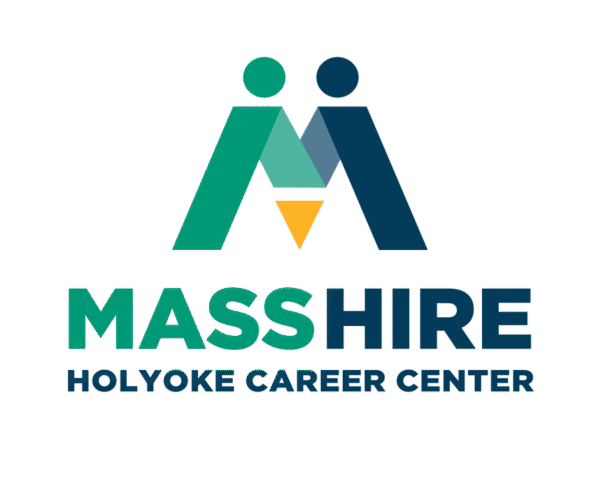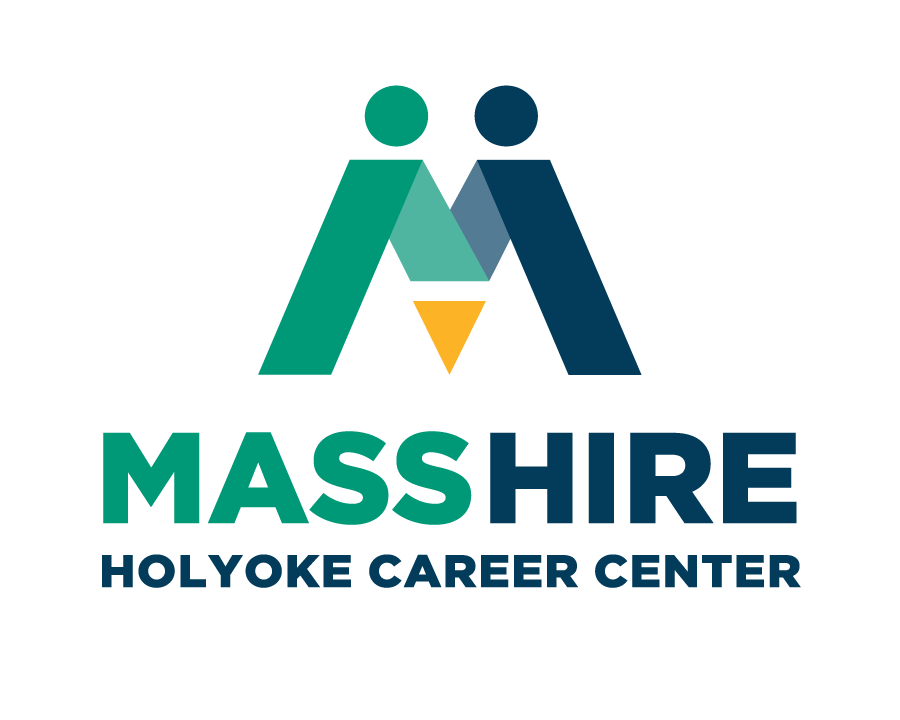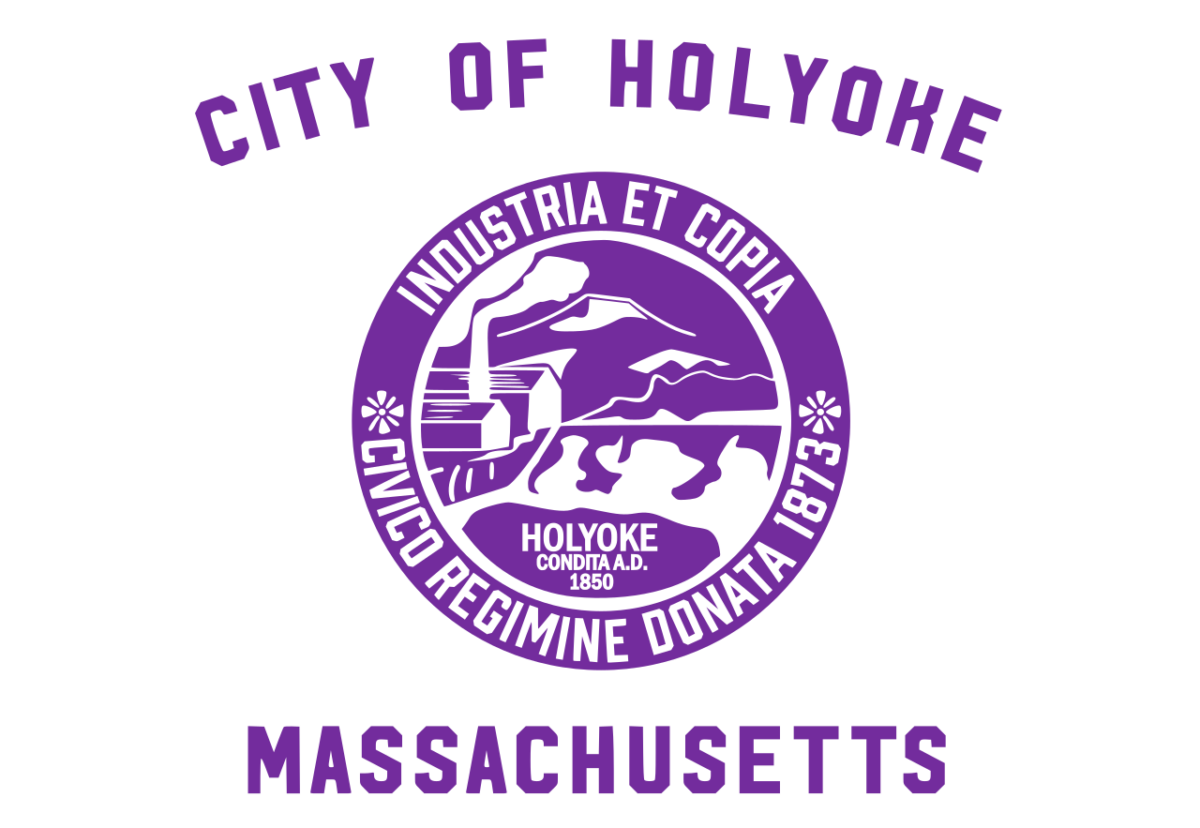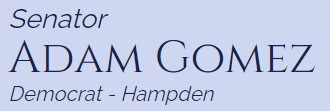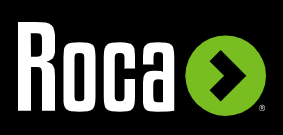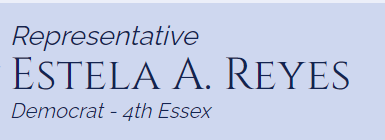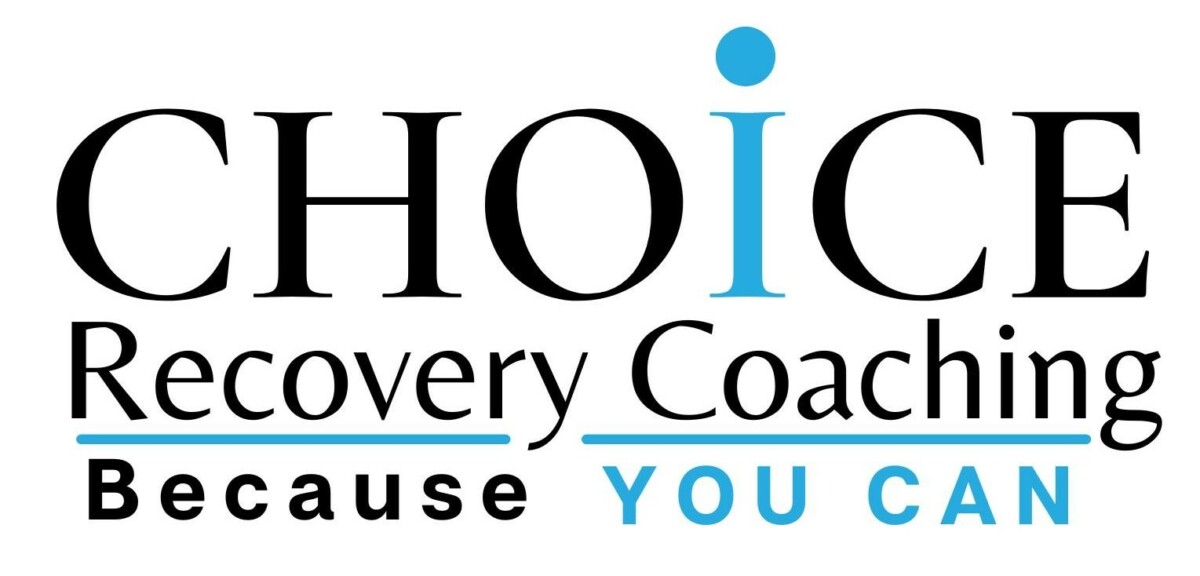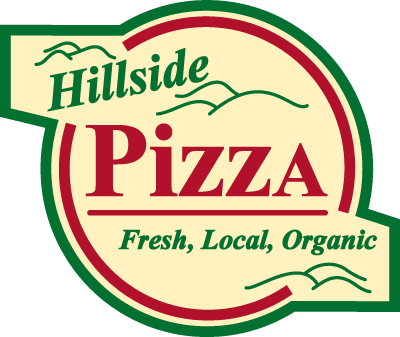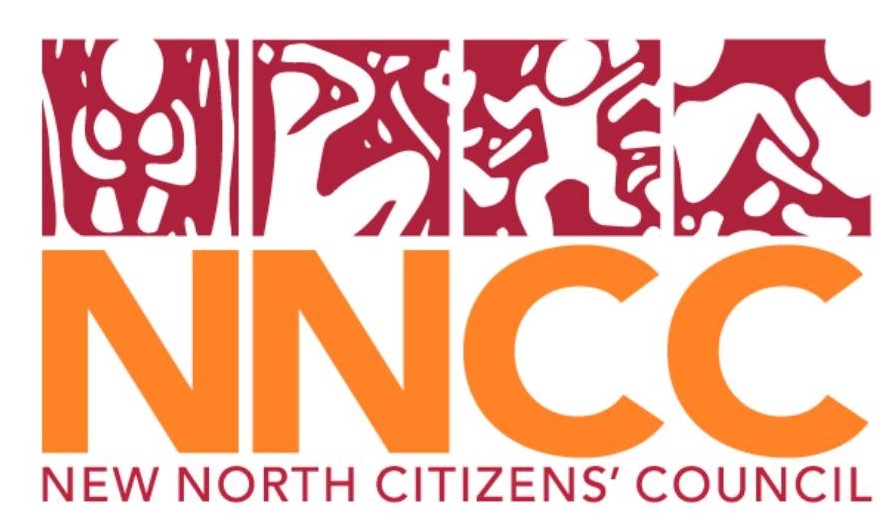
WHAT IS SUBSTANCE ABUSE?
About 20.3 million Americans report a substance use disorder (SUD) in the past year. SUD is a medical term that refers to misuse of drugs and alcohol. People generally call SUD “addiction.”
SUD is a chronic, relapsing illness. SUDs include alcohol use disorder (often called alcoholism), opioid use disorder (often in the form of addiction to pain medication or heroin) and disorders involving misuse of other substance. Think of SUD the same way you think of other chronic illnesses like diabetes or high blood pressure. With treatment and lifestyle changes, people can manage their illnesses and live productive lives. But the illness, can recur and require a change in treatment, lifestyle, or both.
Most people recover from SUD. Compared to many other medical and psychiatric illnesses, SUD has a good prognosis. About 42% to 66% of people with SUD eventually will never use substances again, although it can take time to reach that point.
Are You Interested in Becoming a Recovery Ready Workplace?
Questions?
Contact Ramona
413-427-3498
rreno@masshireholyoke.org
